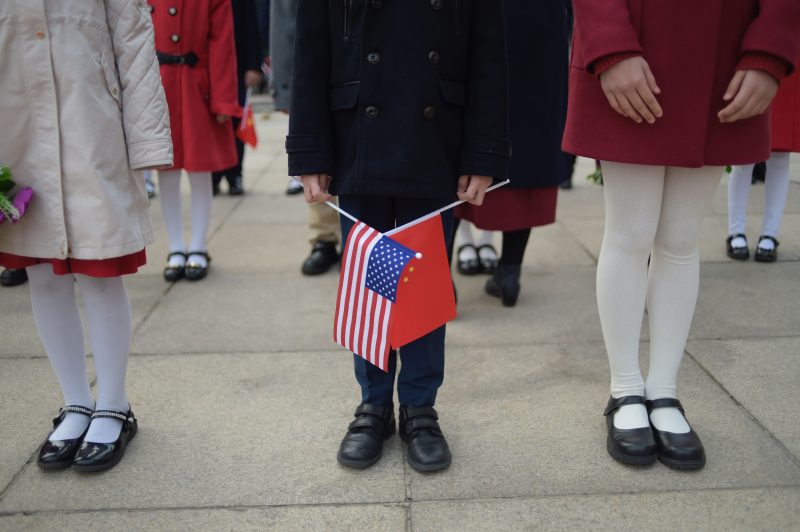In recent years, the relationship between China and the United States has faced numerous challenges and complexities. The dynamics between the two global powers have been characterized by economic competition, strategic rivalry, and differing political ideologies. With the ever-evolving global landscape, China finds itself in a precarious position as it navigates its interactions with both the Biden and Trump administrations.
During the Trump era, Sino-American relations were marked by a trade war that had far-reaching implications for both economies. The imposition of tariffs and punitive measures by the Trump administration led to a significant strain on the economic ties between the two countries. Additionally, the Trump administration took a tough stance on issues such as human rights abuses in Xinjiang and Hong Kong, further exacerbating tensions between the two nations.
On the other hand, the election of Joe Biden brought hopes of a reset in US-China relations. President Biden emphasized the importance of multilateralism and diplomacy in dealing with China, signaling a departure from the confrontational approach of his predecessor. However, the Biden administration has also taken a firm stance on issues such as human rights abuses and cybersecurity concerns, indicating that the fundamental challenges in the relationship remain.
China, caught in the middle of this delicate balancing act, faces the difficult task of charting a path forward that safeguards its national interests while managing the demands and expectations of both administrations. The Chinese leadership must carefully navigate the shifting dynamics of US-China relations, considering the implications for its own strategic objectives and global ambitions.
Moreover, as China seeks to bolster its own economic and technological prowess, it must also contend with the challenges posed by an increasingly assertive United States. The competition over advanced technologies, cybersecurity, and influence in the Asia-Pacific region has intensified, adding another layer of complexity to the relationship.
In this intricate geopolitical landscape, China finds itself in a position where it cannot afford to pick a clear poison when dealing with the United States. The interplay of economic interdependence, strategic rivalry, and ideological differences complicates the prospects for a stable and cooperative relationship between the two countries.
As China grapples with these challenges, it must adopt a nuanced and pragmatic approach to managing its relations with the United States. By engaging in constructive dialogue, seeking common ground on shared interests, and addressing areas of disagreement through diplomatic channels, China can strive to mend its strained ties with the US while safeguarding its core interests and national security concerns.
The road ahead for US-China relations remains uncertain, with both countries facing a complex web of challenges and opportunities. As China navigates this intricate landscape, it must balance its strategic imperatives with the need for diplomatic engagement and mutual understanding. Only through careful and deliberate actions can China hope to mend its strained ties with the United States and foster a more stable and cooperative relationship in the years to come.


























